
Tweets of the Week – 48/2019
Hand picked by ARC2020 […]

Hand picked by ARC2020 […]
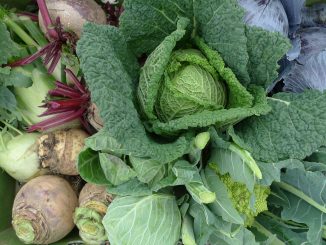
A recent study from Cranfield University, published in Nature Communications, claims that Greenhouse Gas (GHG) emissions would increase in England and Wales, were these two countries to convert to 100% organic. This is because without dietary change, imports into England and Wales would increase. But is this the whole story? […]
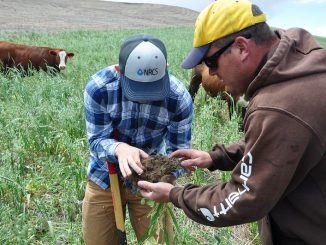
In this three part series we present an analysis by Dr. Andrea Beste on the similarities, differences and synergies between the organic, agroecological and regenerative farming movements. Part three here outlines the relatively new regenerative agriculture movement. A German version of the entire series is also available if you click through. […]
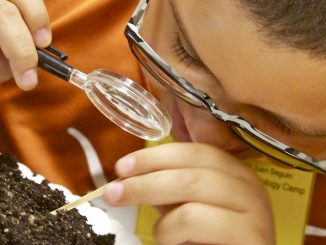
In this new three part series we present an analysis by Dr. Andrea Beste on the similarities, differences and synergies between the organic, agroecological and regenerative farming movements. Part two here outlines the history and current status of agroecology. A German version of the entire series is also available below. […]
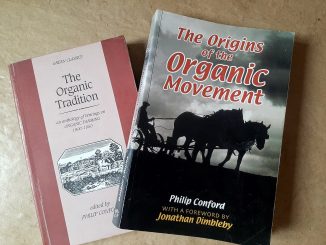
In this new three part series we present an analysis by Dr. Andrea Beste on the similarities, differences and synergies between the organic, agroecological and regenerative farming movements. Part one here outlines the history and current status of the organic movement. A German version of the entire series is also available if you click through. […]
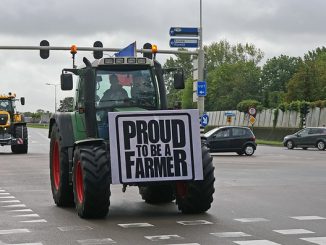
Big corporations, with a vested interest in an export-orientated, highly intensive model of farming, have given financial support to the Boeren Protests that have swept the Netherlands. However this intensive model is coming under increasing criticism from farmers who are being asked to do an array of sometimes contradictory things. Disparate groups are now coming together to offer ways out of this impasse. Part 2 from Hans Wetzels. […]
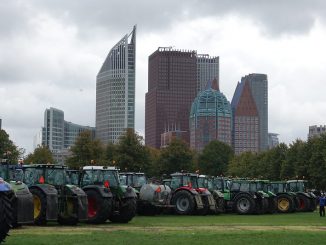
This autumn, Dutch farmers brought the Netherlands to a standstill after it became clear they would be hit hard for the nitrogen crisis the country is facing. As protests intensified, politicians were unable to offer any real solutions. Our Dutch correspondent Hans Wetzels has more, in this first of a two parter. […]

Hand picked by ARC2020 […]
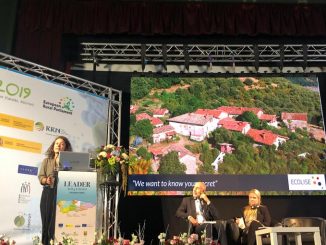
Three of the ARC2020 team was in Candas in Asturais, northern Spain, where they attended the 4th Rural Parliament. It was quite the time, meeting and listening, exploring and sampling, thinking and doing over four wet but wonderful days. So what happened? […]
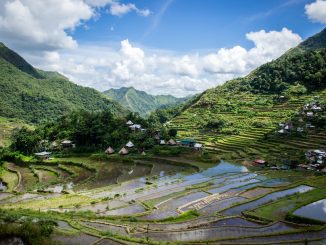
Methane emissions from rice play a significant but much overlooked part in global climate change, research shows. The German Development ministry supports research programs in Asia to counter the threat and help farmers. […]
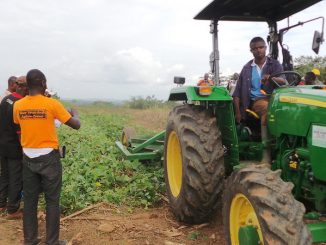
There is something of an incongruity between organic and no till approaches to cereal and vegetable production. Both approaches emphasise building soil organic matter. However weed control is difficult in organic, without at least some minor soil disturbance. At a recent Agroecology Europe Forum in Greece, there were some promising signs of progress. […]
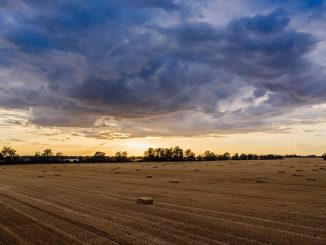
From a central and east European perspective, equalisation of CAP payments between all member states is long overdue. What is the background to this expectation, and how likely or desirable is it now, with Wojciechowski as Commissioner? […]

Scientists behind a decade-long biodiversity study published, which showed “frightening” declines of insects and spiders in German grasslands and forests, are calling for a “paradigm shift” in land-use policy. […]
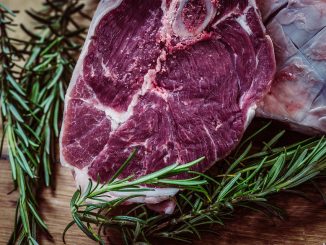
What is grass fed beef all about? How does it compare to certified organic beef? And what’s emerging to give the consumer the best of both worlds? Peter Dunne unpacks the issues. […]
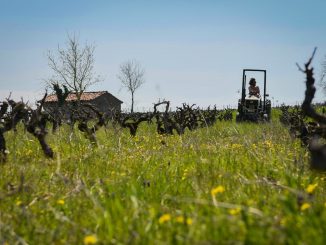
Lack of access to affordable land is one they key obstacles to new farming entrants. The sector is suffering from a seriously aging population which puts the future of European small-scale farming at risk. How can we encourage more young people to get into the profession when access to land is so tricky? Natasha Foote talks us through the problem and explores one exciting approach on the vineyards of Southern France. […]
Agricultural and Rural Convention